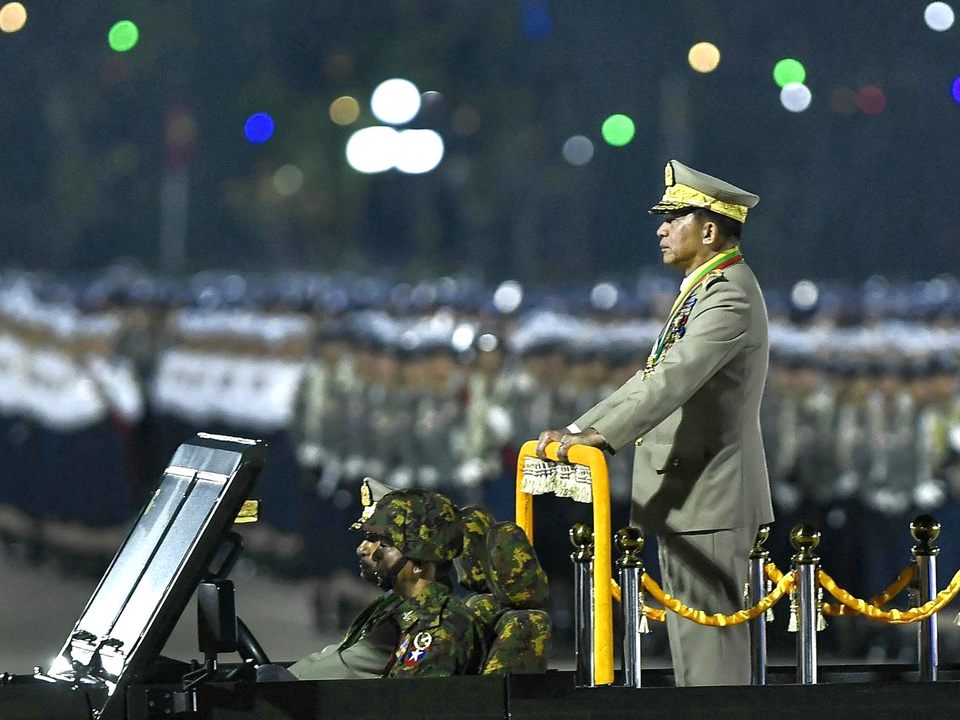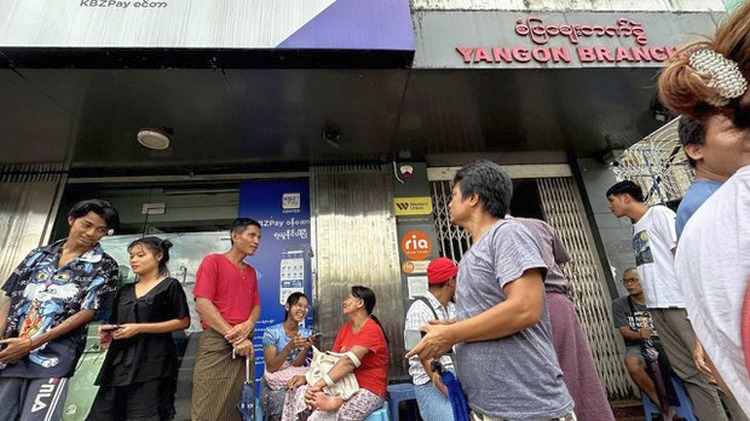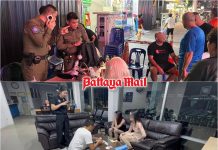
As the Myanmar military continues to lose significant ground in the civil war, Amnesty International has accused neighboring countries of supporting junta chief senior general Min Aung Hlaing. Myanmar’s state banks continue to buy huge quantities arms and fuel from China and Vietnam in particular, often using Thai banks as intermediaries. The Siam Commercial Bank has denied that cross-border related transactions are illegal.
Meanwhile, the junta’s domestic hold continues to weaken. It has now lost control of some townships in 86 percent of the country, including key junta bases in the Shan state and in Mandalay, the heart of military dominance. The Myanmar official currency, the kyat, has lost almost a third of its value to the US dollar. As inflation rages at around 30 percent, banks are now restricting the cash that citizens can withdraw.
The Myanmar public is now banned from using VPNs (virtual private networks), thanks to the latest surveillance technology from China. Radio Free Asia says that the ban on free speech is a sign the military is losing control throughout the country. In reply, junta spokesman Zaw Min Tun denied digital dictatorship arguing that some citizens were “disloyal” and in league with public enemies.

Thailand, in particular, has a difficult relationship with Myanmar. The two countries share a land border of more than 2,500 kilometers, much of it poorly policed, amid an ongoing concern in Bangkok about a refugee crisis spreading uncontrollably. There is also a fear about the growing lawlessness in remote parts of Myanmar (near to the Chinese border) leading to a thriving but illegal drugs trade, kidnapping, casinos and phone scamming.
If the junta were to collapse, as predicted by much of the international media, there is concern that the several opposition movements, such as the Ta’ang National Liberation Army, would not coalesce around a single party, thus creating ongoing political chaos. Recent research by the Thai real estate authority shows that Myanmar nationals have been buying more condominium units in Bangkok than any other nationality. This suggests the beginnings of an exile strategy by some members of the Myanmar ruling elite.








